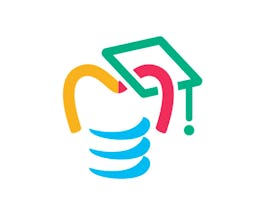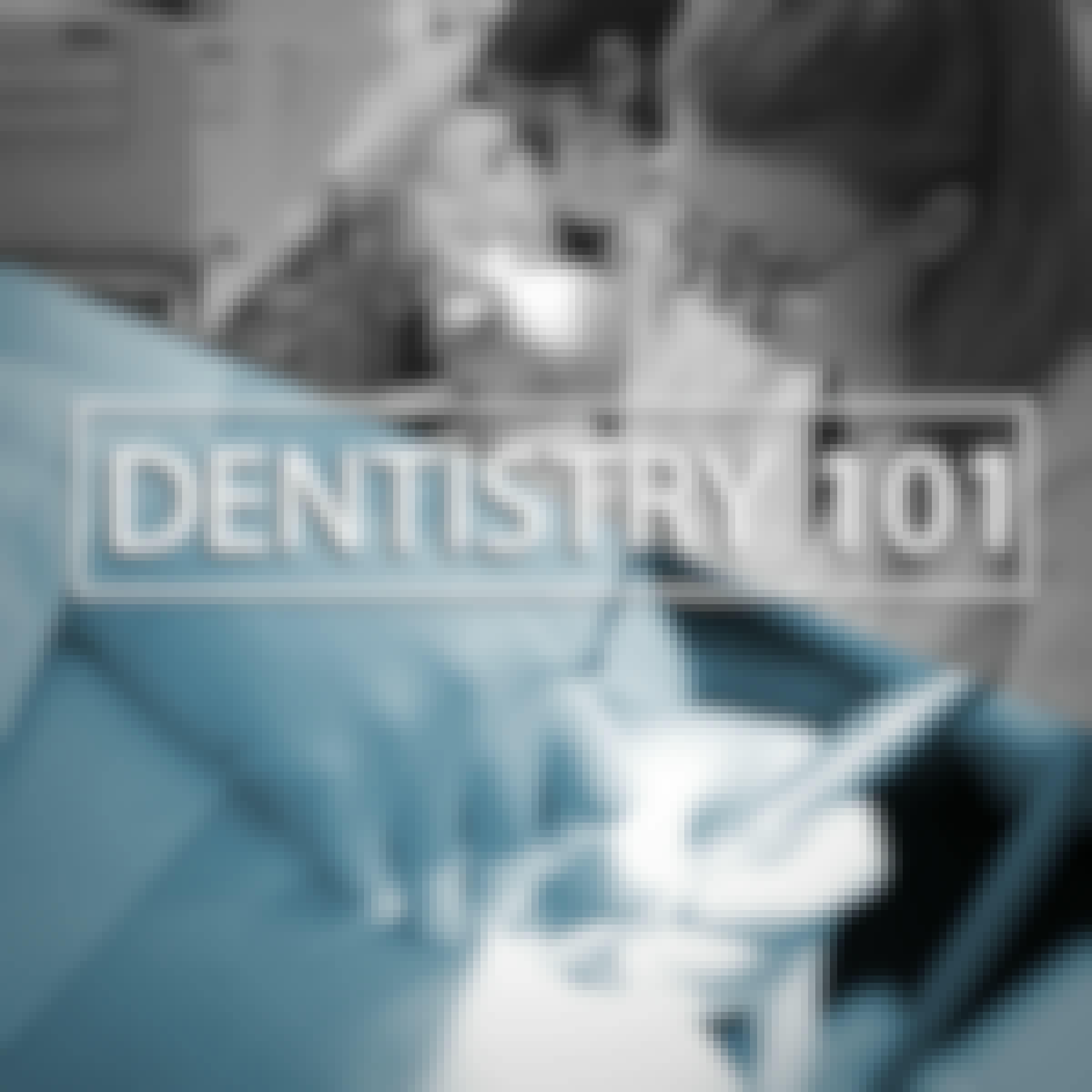Filter by
The language used throughout the course, in both instruction and assessments.
168 results for "anatomy"

Rice University

Rice University

Rice University
 Status: Free
Status: FreeUniversidad Nacional Autónoma de México
Skills you'll gain: Planning
 Status: Free
Status: FreeThe University of Hong Kong
Skills you'll gain: Planning

University of Pennsylvania
Skills you'll gain: Mathematics, Computer Vision, Linear Algebra, Problem Solving, Geometry, Algebra, Planning, Computer Graphics, Estimation, Mathematical Theory & Analysis, Computer Programming, Differential Equations, Visualization (Computer Graphics), Algorithms, Matlab, Software Visualization, Systems Design, Computer Graphic Techniques, Theoretical Computer Science, Graph Theory, Material Handling, Computational Thinking, Geovisualization, Python Programming

University of London
Skills you'll gain: Virtual Reality, Human Computer Interaction, Computer Graphics, Interactive Design, User Experience, User Experience Design, Visualization (Computer Graphics), Computer Graphic Techniques, Visual Design, Graphic Design, Critical Thinking, Graphics Software, Human Learning, Scientific Visualization, Data Visualization
 Status: Free
Status: FreeAmerican Museum of Natural History

Stanford University
Skills you'll gain: Machine Learning, Leadership and Management, Data Analysis, Critical Thinking, Data Mining

University of Michigan
Searches related to anatomy
In summary, here are 10 of our most popular anatomy courses
- Introduction to Biology: Evolution: Rice University
- Anatomy & Physiology: Filtration and Reproduction: Rice University
- Anatomy & Physiology: Fluids, Transport, and Defense: Rice University
- Medical Terminology and the Human Body Fundamentals: MedCerts
- Usos didácticos del cine: Introducción al análisis: Universidad Nacional Autónoma de México
- Implant Dentistry: The University of Hong Kong
- Robotics: University of Pennsylvania
- Digestion, Micturition, and Reproduction: MedCerts
- Virtual Reality: University of London
- Marine Biology: American Museum of Natural History












